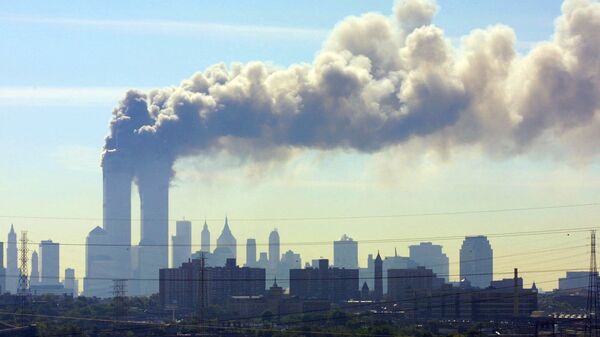“Terrorists are not able to endanger the existence of Western societies… These societies develop more and more resilience. Having said this, security measures once in a while go too far and restrict private liberties unnecessarily. Societies will have to take care that the pendulum does not swing too far in one direction,” Gaertner, who is also a professor at the University of Vienna, said.
He added that terrorism has changed in the wake of the 9/11 attacks and target not big objects but individuals and citizens instead, making it harder for the authorities to trace and prevent security threats.
“The fact that terrorists carry out small-scale attacks on ordinary people took the West by surprise. In spite of the huge surveillance program, these attacks could not be prevented. In most of the cases, the perpetrators are citizens of the target countries,” the professor, who co-edited European Security and Transatlantic Relations after September 11 and the Iraq War, said.
On September 11, 2001, hijackers from the al-Qaeda terrorist group crashed three airplanes into the World Trade Center in New York City and the Pentagon in Washington, DC. A fourth airplane crashed in Shanksville, Pennsylvania after the passengers tried to take back control of the plane from the terrorist hijackers. Nearly 3,000 people were killed and another 6,000 were injured in the attacks.




